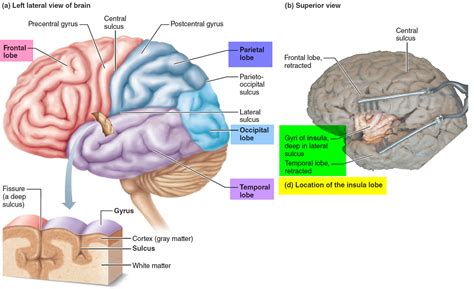In an increasingly demanding professional world, sustained cognitive function is paramount for men aged 25-45. This demographic often juggles career aspirations, family responsibilities, and personal well-being, all of which require peak mental acuity. Yet, a crucial question remains: how many are consistently fueling their brains with enough complex carbohydrates to maintain optimal performance throughout a typical workday?
Understanding the Brain’s Primary Fuel Source
The human brain is an energy-intensive organ, relying almost exclusively on glucose for fuel. Complex carbohydrates – found in whole grains, legumes, starchy vegetables, and fruits – are the body’s preferred source for this glucose. Unlike simple sugars, complex carbohydrates are digested slowly, providing a steady, sustained release of glucose into the bloodstream. This consistent fuel supply is vital for maintaining concentration, memory, problem-solving abilities, and overall cognitive function without the dreaded energy crashes.

When the brain lacks a steady glucose supply, it can lead to ‘brain fog,’ difficulty focusing, irritability, and decreased productivity. Many men in this age group lead fast-paced lives, often resorting to quick fixes like sugary snacks, refined grains, or skipping meals, which provide short bursts of energy followed by inevitable slumps.
The Current Landscape: Are Men Getting Enough?
Pinpointing an exact percentage of men aged 25-45 who consistently meet their complex carbohydrate needs is challenging without extensive, specific dietary surveys. However, general dietary trends suggest that a significant portion likely falls short. Typical Western diets often prioritize refined carbohydrates (white bread, pasta, sugary drinks), processed foods, and insufficient intake of whole, unprocessed options.
For men with demanding work schedules, convenience often trumps nutritional quality. A hurried breakfast, a skipped lunch, or an evening meal heavy in simple carbs or fats can mean the brain isn’t receiving the sustained energy it needs. While individual needs vary based on activity level and metabolism, the average male in this age bracket generally requires a substantial intake of complex carbs to power both physical and mental activities throughout an eight-hour workday and beyond.

Impact on Workday Performance and Cognitive Function
The consequences of inadequate complex carbohydrate intake are directly felt in the workplace. Reduced mental stamina can translate into:
- Decreased Focus: Struggling to concentrate on tasks, easily distracted.
- Memory Lapses: Difficulty recalling information or details.
- Fatigue and Lethargy: Feeling sluggish, especially in the afternoon.
- Irritability: Lower tolerance for stress and frustration.
- Reduced Problem-Solving Ability: Difficulty making decisions or thinking critically.
- Lower Productivity: Taking longer to complete tasks, making more errors.
These symptoms can significantly hinder professional advancement and overall quality of life. Relying on caffeine or sugar for boosts only provides temporary relief, often exacerbating the problem by creating a cycle of peaks and crashes.

Strategies for Optimal Complex Carbohydrate Intake
Incorporating enough complex carbohydrates into a busy routine is achievable with conscious planning:
- Prioritize Whole Grains: Opt for oatmeal, whole wheat bread, brown rice, quinoa, and whole grain pasta over their refined counterparts.
- Include Legumes: Lentils, beans, and chickpeas are excellent sources of complex carbs and fiber.
- Embrace Starchy Vegetables: Sweet potatoes, corn, and peas offer nutrient-dense carbohydrates.
- Smart Snacking: Choose snacks like whole-grain crackers with hummus, fruit (which also contains natural sugars and fiber), or a small bowl of oatmeal.
- Meal Preparation: Dedicate time on weekends to prepare meals or components for the week ahead, ensuring healthy options are readily available.
- Balanced Meals: Ensure each major meal contains a source of complex carbohydrates, lean protein, and healthy fats to support sustained energy and satiety.

Making Sustained Consumption a Priority
While an exact percentage might be elusive, it’s clear that many men aged 25-45 could significantly improve their cognitive function and workday performance by making more deliberate choices about their carbohydrate intake. Moving away from a diet high in refined sugars and insufficient complex carbs toward one rich in whole, unprocessed options is a powerful step towards unlocking sustained mental energy and overall well-being. By consciously integrating these vital nutrients, men can better equip their brains to handle the intellectual rigors of modern life, ensuring they remain sharp, focused, and productive from morning until evening.





